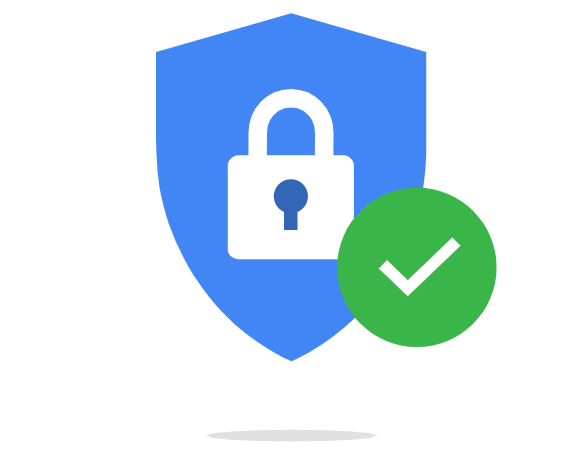How does Google track you?

Google is the biggest technology giant in the world today. It is and always has been the most popular search engine since its inception in 1998, and now they have a large number of apps and services which have become a part of our daily life. From our mobile phones to web browsers and emails, almost everything we use on the internet can be traced back to Google. Life without applications like Google Maps or the Play Store is unimaginable right now; Google has created an environment for us, and we’re dependent on it as well.
When we are so dependent on a company, and we trust them to handle a large portion of our data for us, concerns regarding the privacy and security of our data are bound to arise. Although Google claims that they don’t sell our data to third parties, how much information does Google have about their users in the first place? They must have quite a bit of it; they pretty much control our life online after all.
Google has information about every action you perform online using any of its devices or services. Google’s Android OS is one of the most popular operating systems, with over 2 billion users worldwide, and they have data about every single one of them. They track the places you go to, the purchases you make, your web searches, your emails and so much more.
You can see all your activity on the internet recorded by Google by going here. This is only visible to you. You might recognize almost everything listed there; you can see your Google searches, Youtube searches, apps you downloaded from the Play Store, and even the number of times you opened a particular app on your Android phone. Scary, isn’t it?
If you haven’t already, you can choose the kind of information Google collects about you on this website. You can see that your data is classified into four main sections; Web and App Activity, Location History, YouTube History and Ad Personalization.
The Web and App activity stores information about what you search on the Google search engine, Google Maps, Play Store and any other Google apps you may be using. It also contains audio recordings. That’s right, Google keeps a record of everything you say to the Google Assistant as well. Of course, you have the option of stopping Google from tracking your Web and App activity, but that will make some services like the Google Assistant and any Google Smart Home devices you have virtually unusable.
The next section is your Location History. Even when you’re not using Google Maps to navigate your way, Google constantly tracks where you’ve been, how long you took to travel and how long you stayed there. This can also be seen in great detail on the Timeline feature in Google Maps. It even stores information about your mode of commute (Google knows if you’ve been taking a car, motorcycle, bus, train or flight). You have the option to turn this off as well, but as you may have guessed, it will make Google Maps unusable.
Privacy on the internet? That’s an oxymoron.
– Catherine Butler
Google has a separate section for storing your YouTube History. It is not included in the usual Web and App activity probably because there’s so much data available to collect from YouTube alone. Google can then use this data to suggest video recommendations to you. It also stores this data to remember where you left off if you closed YouTube in the middle of watching a video.
The last section is the Ad Personalization data. This is probably the scariest one to see. All the data collected above is used to build a profile about you, which helps Google show advertisements personalized to your tastes and interests. If you open the Ad Settings, you can see that Google probably knows more about you than you know about yourself. It has details about your age, what phone you use, your financial status, your digital content interests and so much more. All this information is used solely for showing you personalized advertisements.
Apart from all this, Google collects information from your emails and your transactions on Google Pay as well. It knows about your hotel reservations, flight bookings, subscriptions to online streaming services, and your payments on Google Pay. All this information can be accessed here.
As mentioned earlier, Google claims that they don’t give away your data to third parties, and it is used solely for making your life easier. In a way, it is true. You get notified if your flight is delayed, or if there’s unusual traffic on your way to work only because Google knows these details about you. You also have the option to turn off any information you don’t want Google to record, but you’ll be compromising on the convenience of Google apps and services. It finally depends on what we want as an individual; a balance between convenience and privacy is probably the best way forward.
Enjoy Reading This Article?
Here are some more articles you might like to read next: